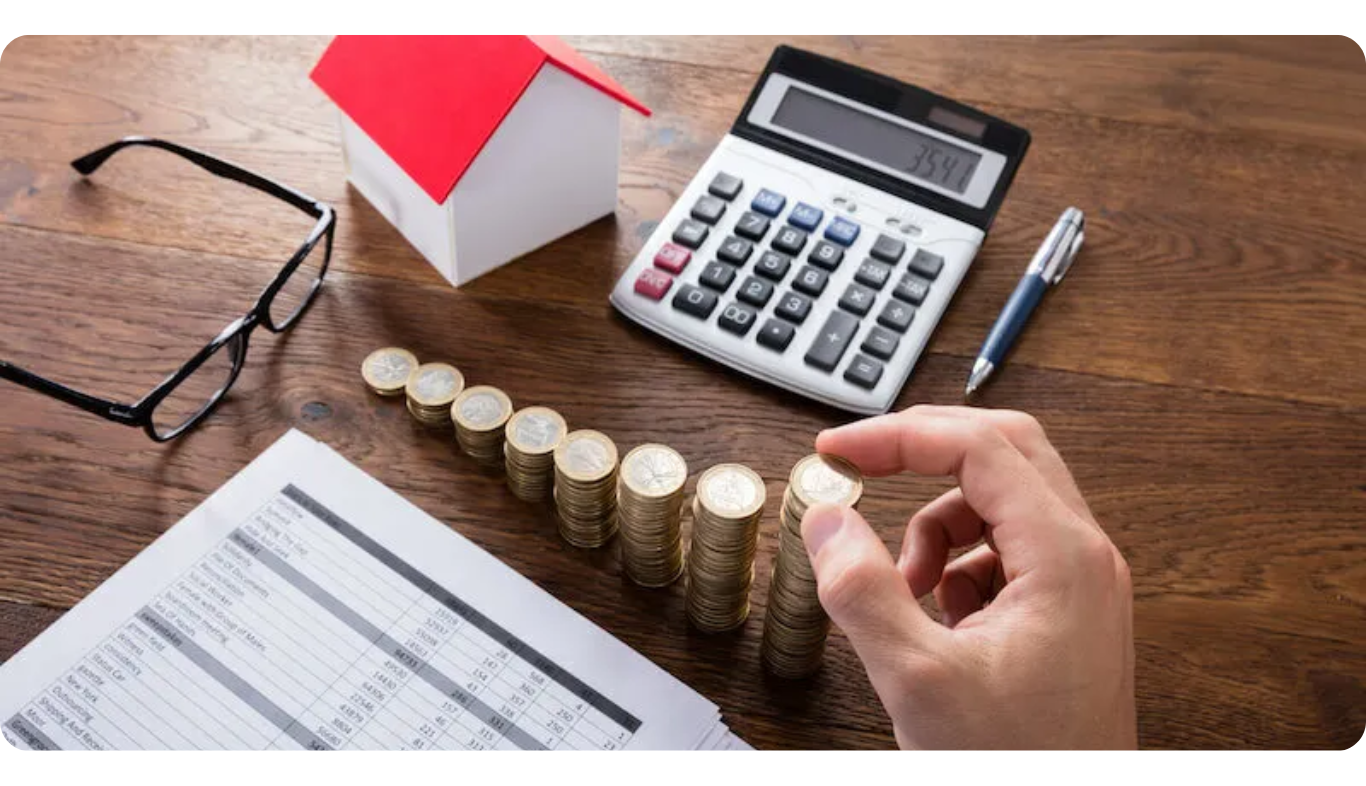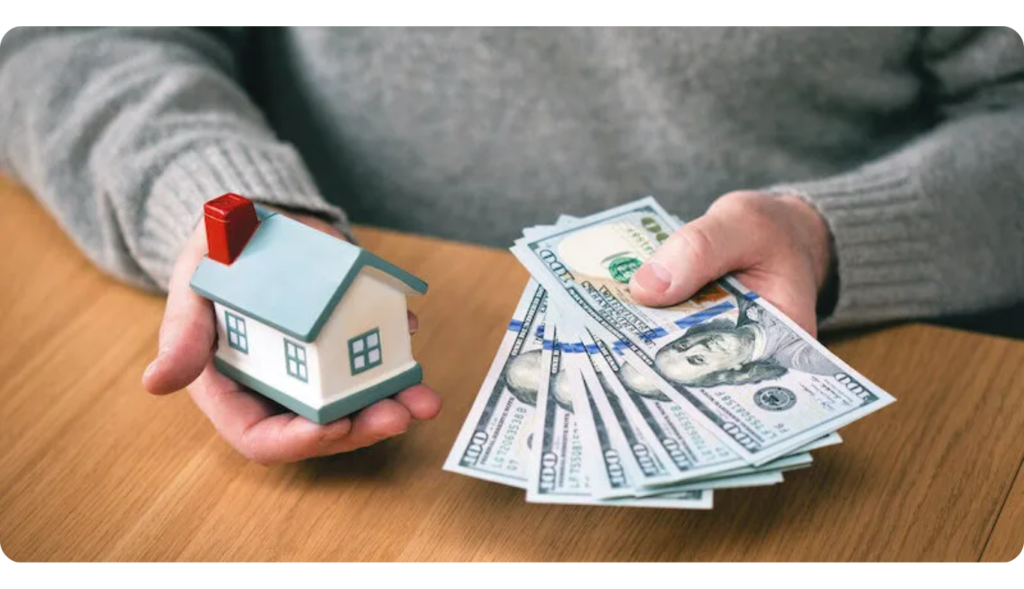Taxes are confusing, and finding answers online about real estate taxes in Virginia can be hard. There are property taxes, capital gains taxes, real estate transfer taxes, and who knows what else. It’s hard to find clear answers about how much you have to pay and what taxes a seller is responsible for. So to help clarify what taxes you may be contributing to upon the sale of your Virginia home, let’s take a look at the different taxes and if they apply to you so that way you can prepare financially.

There are three types of taxes on real estate in Virginia; you should be aware of paying, which are Property taxes, Capital Gains taxes, and Grantor taxes. Let’s take a look at each of these taxes required to sell individually.
You are probably aware of this tax since you have been paying on it while owning the home. Though you won’t pay any additional property tax on the sale of your house, you are responsible for paying it up until you legally sell. So remember, if your closing date gets pushed back, you still are responsible for paying taxes up until you officially sell your property.
Though most people are exempt from paying capital gains taxes, you should still be aware of them just in case you do qualify to pay them. Capital gains are defined as the profits you’ve made from the sale of a capital asset. A capital asset is defined as stocks, real estate, land, and personal items.
The equation looks like this: Sell price – Purchase price= Capital Gain. So say you sold your home for $800,000 but purchased your home for $200,000, the math would look like this $800,000 – $200,000= a capital gain of $600,000. The IRS typically lets you exclude $250,000 of capital gains if you’re single or $500,000 of capital gains if you’re married or filed jointly. So using that equation again and filed jointly, the capital gain from the sale of your home, which was $600,000 – $500,000 (joint exclusion) = $100,000, which is what could be subject to the capital gains tax.
A couple of factors could affect your exclusions of $250,000 or $500,000, resulting in you paying taxes on the whole thing. If any of these are true, you will pay taxes when you sell.
If you determine that all or part of the profits you made on the sale of your home are taxable, you will need to figure out what capital gains tax rate applies.
Capital gains have two categories that determine how much you pay on taxes when you sell.
The taxes you pay will depend on how long you have owned the asset (your house). To qualify for more favorable tax rates, you will need to have owned the property for more than a year for it to be considered a Long Term Gain. If you have owned your home for less than a year and sell, you fall into the short-term gain category, taxed at a higher rate.
The long-term capital gains tax, the tax brackets are 0%, 15%, and 20%, and for short-term capital gains, the ordinary income tax rate applies.
A little bit of good news, though, capital gains do not apply until you sell the capital asset. So, in other words, while owning the home, if the value increases, you do not pay capital gains until you sell.
There are three ways you can avoid paying taxes when you sell.
Are Virginia taxes high? Grantor taxes aren’t terrible but still a cost to account for. The grantor tax that the state charges the seller is $1 for every $1,000 of the sale price, or roughly 0.1%. For example, if you sell your home for $350,000, you will need to pay $350 in grantor taxes. In some Northern Virginia areas, an additional $0.15 is charged per $100, or roughly 0.15%. Also, grantor taxes are not tax-deductible.
The short answer is yes, you do, but it depends on a couple of factors. The obvious one that will need to be paid up until the closing date are property taxes. You are responsible for paying for those until you sell the property. This way, the buyer and seller only pay the real estate taxes accrued when they own the property. When it comes to capital gains taxes, that just depends on if you meet the exclusions. And with Grantor taxes, you will more than likely be responsible for those.
Paying taxes when you sell is not fun and can be another thing to eat into your profits. Besides taxes, another thing to keep in mind when selling your house is how you plan to sell it. If you were to hire an agent to sell your Virginia property, you would also need to pay possibly 6% in realtor commissions. And if you’re selling a home that needs some repairs, you will likely need to hand over some cash for those to be completed. Selling a house has many hidden costs, fees, and taxes that can eat into your profits.

If you’re planning to sell your home in Virginia, to at least save you the cost of repairs and realtor commissions, consider selling to a local homebuyer like Avante Home Buyers. Avante Home Buyers purchases houses in as-is condition, saving you money on expensive home repairs and renovations. Also, they don’t charge real estate commissions and even help pay closing costs. Unlike traditional homebuyers, Avante Home Buyers pay in cash and can close on a timeframe that works for you. If you’re interested in a fair cash offer or would like more information about how it works or the company, visit their website for more details. Their team is also happy to discuss more over the phone.
Though you still may be on the hook to pay taxes when you sell, at least you can save some time and money selling to Avante Home Buyers.
Copyright 2025 © All rights Reserved.
Website Design & SEO Services By Steel Marketing